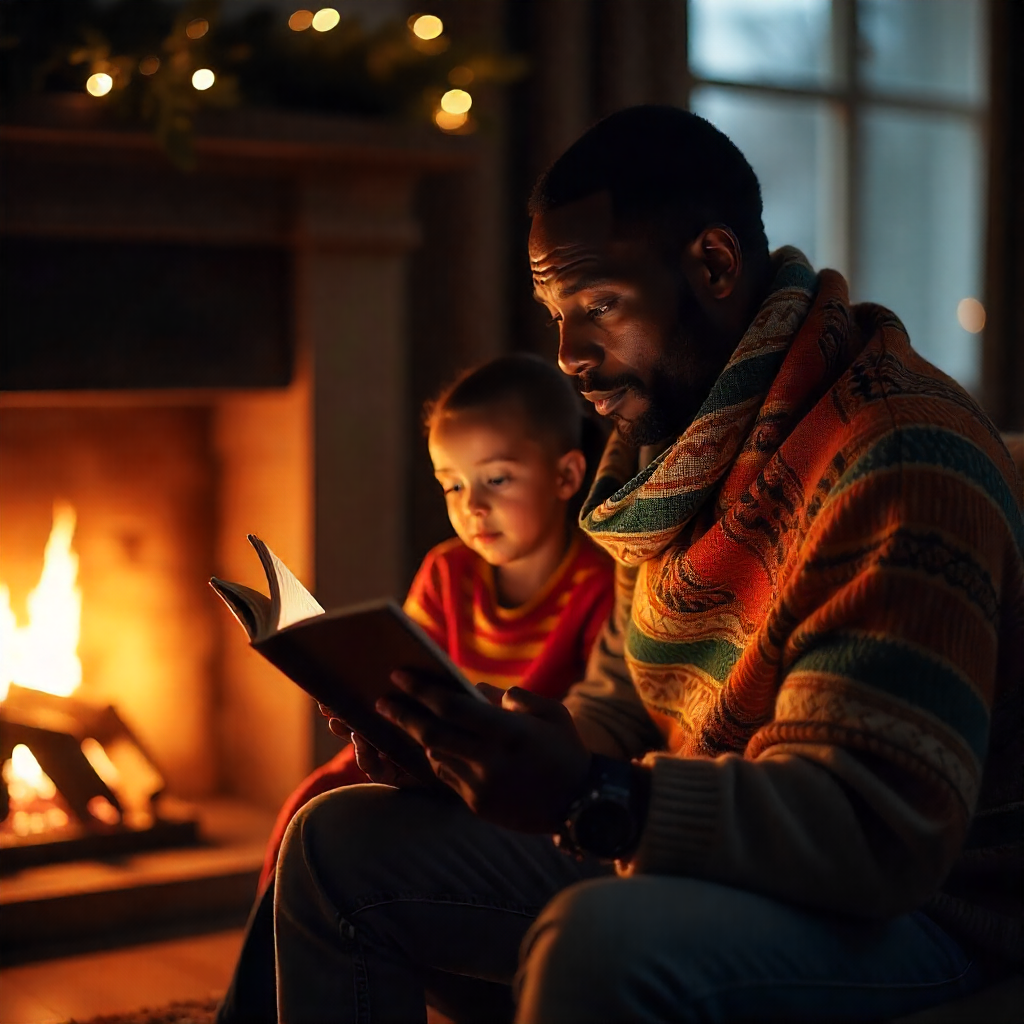Protecting our children during holidays

Photo: Courtesy
As school holidays begin, many children will spend close to a month at home, in communities, or traveling to visit relatives and friends. While the break offers rest and rejuvenation, it also presents serious risks especially when children are left unsupervised or exposed to unsafe environments.
Some parents rarely take a keen interest in knowing how their children are doing at home, especially when they leave them in the hands of “trusted” caretakers. Yet we often hear confessions about what goes on under our roofs simply because we assume everything is okay. Many don’t even bother to ask their children, one-on-one, how they spent the day.
We must ensure that our children are safe, protected, and meaningfully engaged during this period. That takes extra effort sitting them down, listening to them, and being present, even when we have others to help us in the parenting process.
The reality of being left alone
In many homes, especially in urban centers, parents continue working while children remain at home alone or in the care of older siblings or nannies. Understandable as this may be, it increases children’s vulnerability to domestic accidents, abuse, or negative peer influence, which they may not easily recognize.
A lot of incidents, though sometimes inevitable, can be prevented with supervision. This does not always mean physical presence. A simple phone call, or checking in with both the children and the caretaker during the day, makes a big difference. Supervision is not a luxury it’s a necessity.
Community vigilance is key
In the past, a child was cared for by the whole village. Today, especially in urban communities, individualism has taken over. People mind their own business.
Extended families and communities must step up. In villages and trading centers, neighbors used to look out for each other’s children. We need to revive the spirit of ubuntu; being our brother’s and sister’s keeper.
Don’t ignore someone’s child when they are in trouble or making mistakes, thinking it is not your concern. Tomorrow it could be your child, and the consequences might be worse.
Manage screen time
Children today are not only exploring their neighborhoods, they are also exploring the internet. With smartphones more accessible and data bundles cheaper, children spend long hours online. Many are even more tech-savvy than their parents, though still very young.
While digital learning and entertainment have benefits, unmonitored screen time can expose children to pornography, gambling apps, online predators, and cyberbullying with serious consequences.
Parents must learn how to activate parental controls, check browsing history, and set clear boundaries on what content is acceptable. Most importantly, we must have open conversations about the dangers of the internet and television. Never hesitate to check their gadgets or pay attention to what they watch, search, and learn online. This helps you know how best to guide and support them.
Create a simple daily structure
Children thrive on structure. Even during holidays, a basic routine time for chores, reading, outdoor play, and creative hobbies helps reduce boredom and risky behavior.
Introduce age-appropriate responsibilities. Teach them to cook simple meals, manage money, or care for pets. These are not punishments; they are life lessons. Make activities compulsory, but also fun, so children enjoy learning and appreciate their importance.
Holidays should be a time of joy and connection not injury, exposure, or regret. Let’s protect our children by staying present, setting boundaries, and looking out for one another. Their safety is our shared responsibility, and their future is our common investment.




